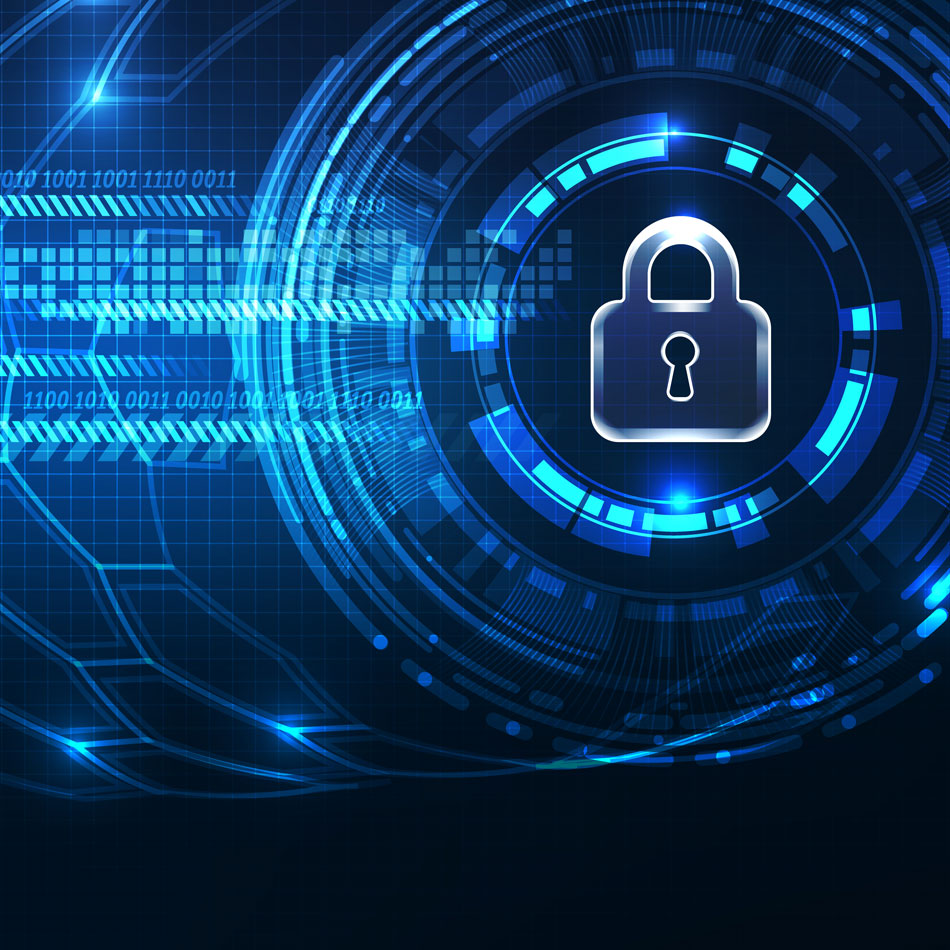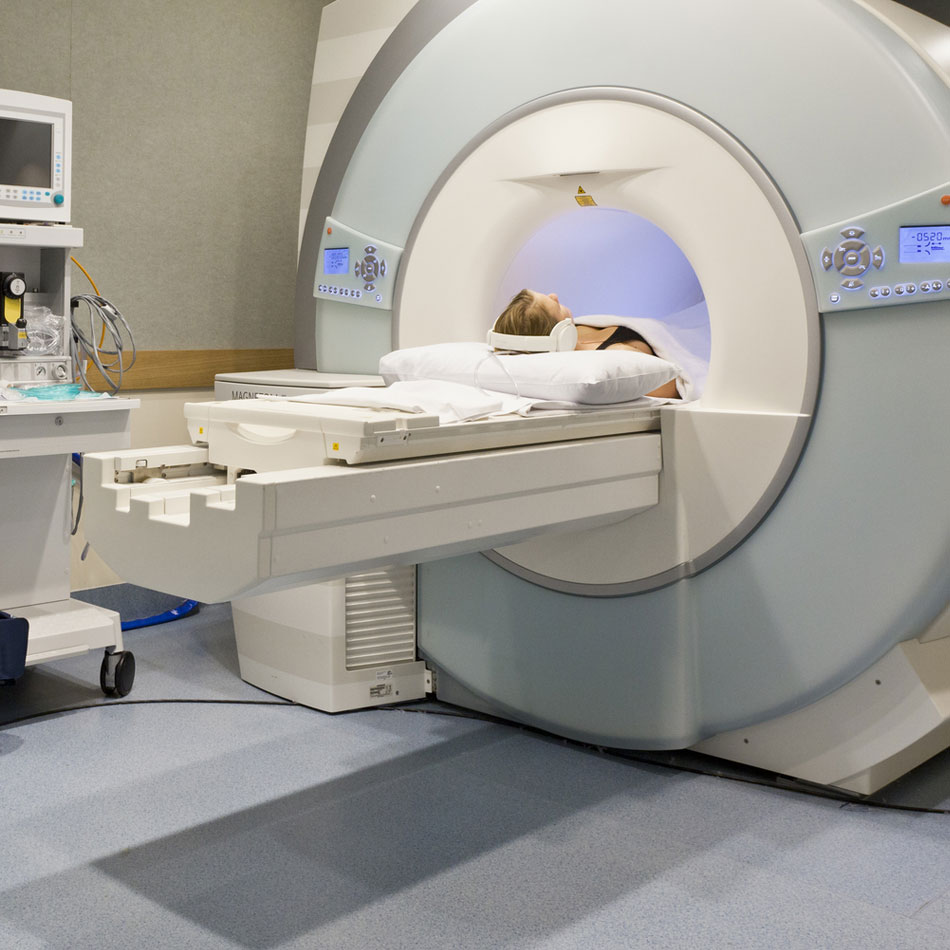A Survey of AI: Transforming Our Lives
- Overview
- Course Content
- Requirements & Materials
COURSE ID: DEF 1100P
Contact for course-related questions
Renita FoldsInstructors
Margarita Gonzalez Renita Folds Clayton KerceA Survey of AI: Transforming Our Lives
Course Description
Artificial Intelligence now affects each of us on a daily basis, managing our interactions with data, decisions, transportation, and even art. In this course, you will learn key concepts and techniques of these AI implementations, and systematically interact with some of the most ubiquitous user-facing tools in the field. This introductory course will cover the history of AI, its fundamental concepts, and delve into the range of technologies and applications now being powered by AI. Students will develop a foundational understanding of AI's significance in national security and society, as well as its potential for future advancements.
Introduction to AI
- Definition and History of AI
- Branches of AI
- NLP
- Expert systems
- Computer vision
- Autonomy
Data Science Fundamentals
- Data collection, preparation and analysis
- Data types
- Data visualization
- Statistical methods for data analysis
Machine Learning
- Definition and concepts
- Supervised and unsupervised learning
- Reinforcement learning
- Common algorithms and applications
Machine Perception and Computer Vision
- Image processing
- Feature extraction
- Object detection and recognition
- Deep learning techniques
- Convolutional neural networks
- Vision transformer architectures
Natural Language Processing
- Fundamentals of NLP
- Text preprocessing
- Sentiment Analysis
- Topic modeling
- Machine translation
AI and Robotics:
- Challenges & Application
- Robot Kinematics
- Path planning
- Simultaneous localization
- Integration of AI techniques
AI and Autonomy
- AI in Autonomous Systems
Generative AI
- ChatGPT
- StableDiffusion
- Generative adversarial networks (GANs)
- Variational Autoencoders (VAEs)
AI Ethics and Governance
- Governability, accountability, transparency and privacy
AI in National Security
- Practical Applications in communications, sensing, health, transportation and entertainment
Human-Centric AI
- Challenges in building human-centric AI systems
- Assistive technologies
- AI trusted partner
Future Directions in AI
- Current and emerging technologies
Materials
Required:
- Laptop or Tablet
Provided:
- PPT deck of course materials
Session Details
CRN
25313CRN
24343Who Should Attend
This course is designed for individuals eager to grasp the evolution and application of AI in both commercial and national security domains. It's an ideal fit for managers, technical staff new to AI, and scientists or engineers exploring the integration of AI tools into their projects and studies. Whether you're just curious or seeking to enhance your professional toolkit, this course offers a comprehensive introduction.

What You Will Learn
- Fundamentals of AI including the history, branches such as machine learning and neural networks, and common techniques like deep learning and natural language processing
- Core concepts of data science workflows and machine learning algorithms
- How AI is transforming and being integrated into all aspects of jobs, daily life, and national security
- Overview of AI in perception and autonomous systems
- The societal impacts of AI on ethics, governance, trust, and transparency

How You Will Benefit
- Develop an outlook on AI's evolving landscape and future directions to stay updated and identify relevant innovations.
- Gain a comprehensive introduction to AI concepts, techniques, and applications to have an informed perspective.
- Understand the societal impacts of AI, including ethics and governance, to responsibly apply techniques.
- Appreciate AI's transformative potential in robotics, autonomous systems, generative models, and more.
- Gain perspectives on transparency, accountability, and human-centric design to responsibly harness AI.
-
Grow Your Professional Network
-
Taught by Experts in the Field
The course schedule was well-structured with a mix of lectures, class discussions, and hands-on exercises led by knowledgeable and engaging instructors.
Related Programs














If you test positive for COVID-19, please immediately contact Stamps Health Center at covid19travel@health.gatech.edu or call the Georgia Tech Police Department at 404-894-2500.
If you’ve been exposed to someone who has tested positive for COVID-19 but you are not showing symptoms of illness, self-quarantine for 14 days. If you do not develop symptoms, you may return to work.
If you are symptomatic of COVID-19 or any general illness (using this decision tree infographic as a guide), CDC guidance requires that the following three conditions are met before you discontinue isolation:
- No fever for 3 days
- Improved symptoms
- Allowing at least a week to pass since symptoms started
Guidance on returning to work in the office will be provided by each department.
Supervisors should communicate clearly regarding expectations and any changes in responsibilities while working remotely.
Yes, the GLC is accessible however the directive from the Institute highly discourages staff from coming onto campus. Your BuzzCard will still let you in and we are tracking the individuals who come into the facility.
You must first receive approval from your department head and obtain the proper credentials needed to visit campus if stopped by a public safety official. Otherwise, please leave it until campus travel restrictions have been lifted.
The Institute highly discourages staff coming to campus at this time.
No. Georgia Tech is practicing social distancing and GTPE is limiting the number of people in the building at this time.
The preference is to delay the package/mail if possible. If the item has already been shipped, notify GLC Operations Support Staff at gtpe-glcsupport@pe.gatech.edu. Please include the shipping company and anticipated delivery date and time so that Operations staff can be present to receive the package.
After arriving to your designated work area, wash your hands according to the CDC protocol. Follow social distancing procedures while in the GLC.
Yes, as long as they have worked with their supervisor to determine if their job responsibilities are able to be effectively completed working remotely.
The cleaning and sanitizing practices will continue to follow a modified cleaning schedule until further direction from Georgia Tech Facilities. The modified cleaning schedule includes fogging, misting, and surface touchpoint sanitizing twice daily.
GTPE HR representatives are available remotely for individual consultation via phone or BlueJeans.
All employees should refer to hr.gatech.edu/teleworking-COVID for Institute guidance, as well as the GTPE Telework Guidelines tab on the GTPE Teams site for specifics related to the unit.
Supervisors should communicate clearly regarding expectations while working remotely. The GTPE Telework Guidelines tab on the GTPE Teams site is a preferred place to start with establishing the best practices for remote work at GTPE. Each supervisor can determine if a written plan is needed specific to that department and/or supervisor-employee.
We are mindful of the fact that staff may be facing extraordinary challenges at this time. Supervisors and employees should discuss schedules during this time period to see how to best accommodate childcare, flex schedules, and working remotely. The GTPE Telework Guidelines tab on the GTPE Teams site is a preferred place to start with establishing the best practices for remote work at GTPE.
Guidelines for parking refunds, payroll deductions for public transit and other changes related to COVID-19 implications can be found at pts.gatech.edu/.
The USG has implemented Non Closure Emergency Leave Procedures. Detailed information on the procedures and eligibility requirements can be found at the following website: hr.gatech.edu/hg/item/633837. Employees who believe they will need to utilize the Non-Closure Emergency Leave should discuss the need for this leave with their managers for approval and contact a member of the PEHR team:
- Melody Austin – melody.austin@ohr.gatech.edu
- London Cox – london.cox@ohr.gatech.edu
- Julie Joyce – julie.joyce@ohr.gatech.edu
Georgia Tech is notifying the faculty, staff and student community about positive tests on the Exposures and Health Alerts site at: health.gatech.edu/coronavirus/health-alerts.
Based on the directive by the University System of Georgia (USG), Georgia Tech’s policies have not changed, but some adjustments have been made regarding how rules and regulations will be handled to reduce stress as you complete your work for the term. This information is available on the website of the Office of the Registrar.
Based on the USG directive on Spring 2020 grading in light of COVID-19, Georgia Tech will continue to follow established grading policies in place when the semester began, including changes to deadlines related to pass/fail grading. This means that the deadline to change the grade mode for a course(s), which was March 11, 2020, was not extended, and has passed.
The withdrawal deadline has been extended to May 2, 2020, so if you withdraw before this date, you will not be penalized. You will receive a "W" on your transcript, which has no negative impact to your student status or GPA.
The refund deadline of March 11, 2020 has passed. While you can still withdraw from a course without a petition to faculty until May 2, 2020, you cannot be refunded for the course.
TRAIN AT YOUR LOCATION
We enable employers to provide specialized, on-location training on their own timetables. Our world-renowned experts can create unique content that meets your employees' specific needs. We also have the ability to deliver courses via web conferencing or on-demand online videos. For 15 or more students, it is more cost-effective for us to come to you.
-
Save Money
-
Flexible Schedule
-
Group Training
-
Customize Content
-
On-Site Training
-
Earn a Certificate